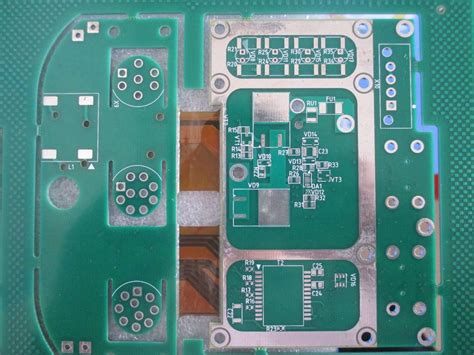
ALL ABOUT FLEX PCB
-
IPC PCB Standards C Why Do We Need Them?
Posted by
–
 Read more: IPC PCB Standards C Why Do We Need Them?
Read more: IPC PCB Standards C Why Do We Need Them?Introduction to IPC PCB Standards Printed Circuit Boards (PCBs) are the backbone of modern electronics. They are used in almost every electronic device we use today, from smartphones and laptops to medical equipment and aerospace systems. To ensure the reliability, quality, and consistency of these PCBs, the electronics industry relies […]
-
Low Volume PCB Assembly
Posted by
–
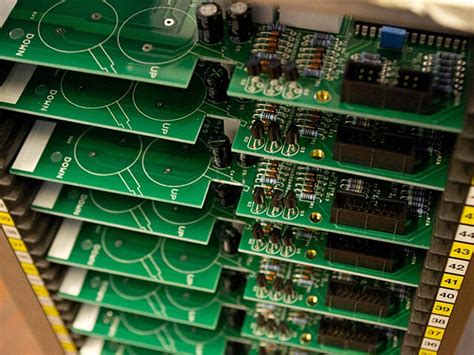 Read more: Low Volume PCB Assembly
Read more: Low Volume PCB AssemblyIntroduction to PCB Assembly Printed Circuit Board (PCB) assembly is the process of soldering electronic components onto a PCB to create a functional electronic device. PCB assembly can be done in high volumes for mass production or in low volumes for prototyping, small batch runs, or specialized applications. Low volume […]
-
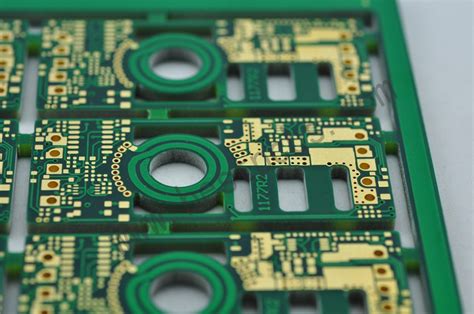 Read more: Aluminum PCB Flex and Rigid MCPCB Manufacturing At One-Stop
Read more: Aluminum PCB Flex and Rigid MCPCB Manufacturing At One-StopIntroduction to MCPCB Manufacturing Metal Core Printed Circuit Board (MCPCB) manufacturing is a specialized process that combines the advantages of traditional PCBs with the thermal management properties of metal substrates, particularly aluminum. MCPCBs are widely used in applications that require efficient heat dissipation, such as high-power LED lighting, automotive electronics, […]
-
PCB Prototyping Design Flow and Stages
Posted by
–
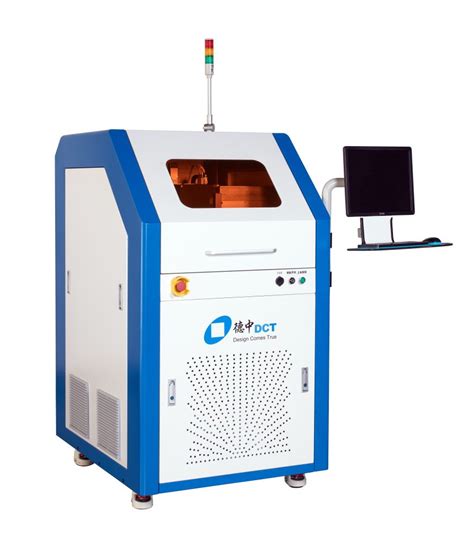 Read more: PCB Prototyping Design Flow and Stages
Read more: PCB Prototyping Design Flow and StagesWhat is PCB Prototyping? PCB prototyping is the process of creating a physical representation of a PCB design to test its functionality, performance, and reliability. The prototype is used to identify any design flaws, component compatibility issues, and manufacturing challenges before the final production run. Request Flex PCB Manufacturing & […]
-
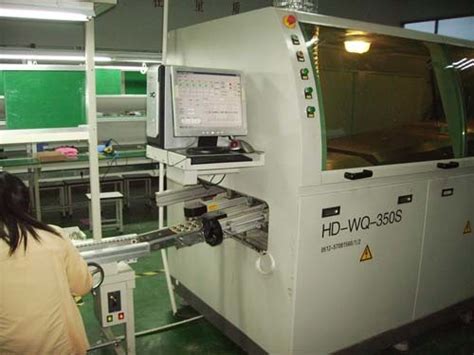 Read more: PCB Manufacturers-Introducing Valuable From China
Read more: PCB Manufacturers-Introducing Valuable From ChinaWhat are PCBs and Why are They Important? PCBs, or printed circuit boards, are essential components in nearly all modern electronic devices. They provide the foundation upon which electronic components are mounted and interconnected to create functional circuits. PCBs have revolutionized the electronics industry by enabling the miniaturization and mass […]
-
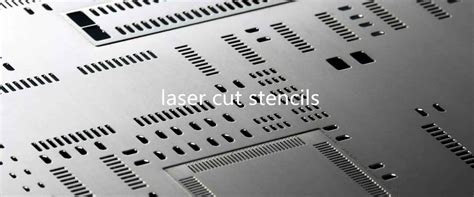 Read more: Explaining Laser Direct Imaging in PCB Fabrication by RAYPCB
Read more: Explaining Laser Direct Imaging in PCB Fabrication by RAYPCBIntroduction to Laser Direct Imaging (LDI) in PCB Manufacturing Printed Circuit Board (PCB) manufacturing has come a long way since its inception, with advancements in technology driving the industry forward. One such advancement is the use of Laser Direct Imaging (LDI) in the PCB Fabrication process. LDI has revolutionized the […]
-
Express PCB Assembly Services
Posted by
–
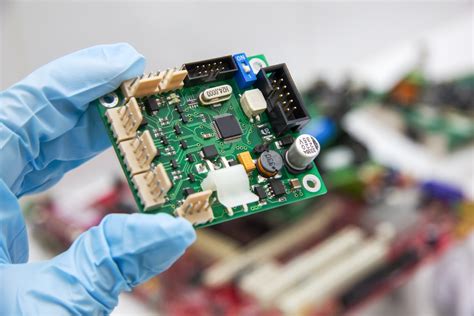 Read more: Express PCB Assembly Services
Read more: Express PCB Assembly ServicesIntroduction to PCB Assembly Printed Circuit Board (PCB) assembly is a crucial process in the electronics manufacturing industry. It involves the placement and soldering of electronic components onto a printed circuit board to create a functional electronic device. PCB assembly services have become increasingly popular due to the growing demand […]
-
Overview of PCB Soldering Techniques
Posted by
–
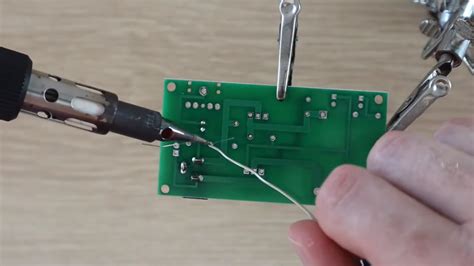 Read more: Overview of PCB Soldering Techniques
Read more: Overview of PCB Soldering TechniquesTypes of PCB Soldering There are two main types of PCB soldering techniques: through-hole soldering and surface mount soldering. Through-Hole Soldering Through-hole soldering is the traditional method of soldering electronic components to a PCB. In this technique, the component leads are inserted through holes drilled in the PCB, and solder […]
-
7 Advantages of Using PCB Board Price Estimator
Posted by
–
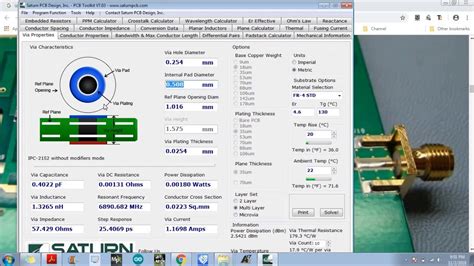 Read more: 7 Advantages of Using PCB Board Price Estimator
Read more: 7 Advantages of Using PCB Board Price EstimatorWhat is a PCB Estimator? A PCB estimator is a tool that helps you calculate the cost of manufacturing a printed circuit board based on various factors such as the size, quantity, layers, materials, and components used. It takes into account the different aspects of PCB production and provides an […]
-
How To Choose Reliable PCB Fabrication Service
Posted by
–
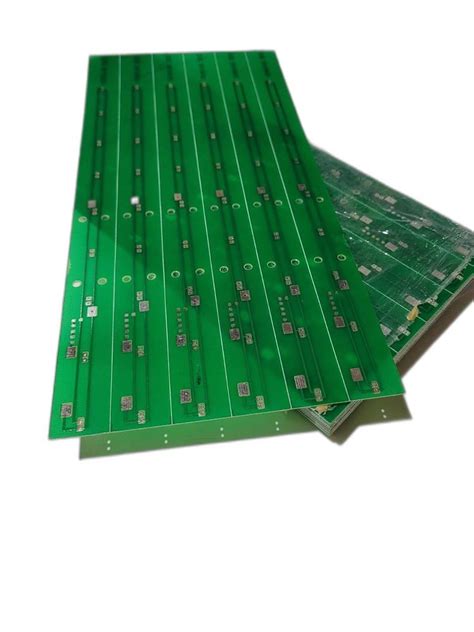 Read more: How To Choose Reliable PCB Fabrication Service
Read more: How To Choose Reliable PCB Fabrication ServiceUnderstanding PCB Fabrication Before diving into the criteria for selecting a PCB fabrication service, let’s briefly discuss what PCB fabrication entails. What is PCB Fabrication? PCB fabrication is the process of creating printed circuit boards that mechanically support and electrically connect electronic components using conductive pathways, tracks, or signal traces […]




